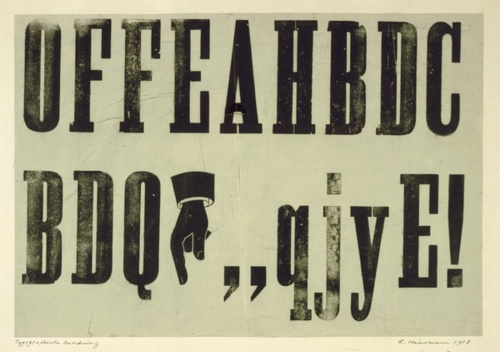Hello everyone and happy new years. While travelling in the last few weeks I had a conversation with the ever-acute Juliet Clark, who told me about the latest trends in editing. One piece of news is that semicolons between independent clauses are very out of fashion, even more than colons.
I was surprised, because I’ve always thought the colon was a more finicky piece of punctuation, but its more particular usage case probably has kept a place for it while the semicolon has come to seem more superfluous and easily replaced with a period. That I feel that my semicolons should not be replaced with periods (not usually, anyway) doesn’t have much bearing on the semicolon’s popularity.
I use semicolons frequently enough that they’ve taken on a particular feel for me that is at most vaguely approximated inside anyone else’s head. Even when I’m not using them, uniformity of sentence rhythm can bother me; I’ll change up sentence structure and adopt more ornate phrasing to get the feel of a semicolon’s half-pause without actually using the character itself. So for me the semicolon also has the regulative function of releasing the accumulated pressure of the monotony of seemingly repetitious sentence patterns.
(Starting sentences with conjunctions also shifts the pacing, though I never do so for the clause right after a semicolon; wouldn’t this clause seem strange starting with an “and,” stranger than if I’d used a period instead of a semicolon just now? Conjunctions need to be capitalized to look right to me when they start independent clauses.)
Reading too much of the flat, staccato American fiction of the 1980s and 1990s caused me to cling desperately to a more flowing and/or baroque style when I was growing up. It wasn’t just limited to Raymond Carver and his kin, though. I had similar negative reactions to Iris Murdoch’s prose, which seems to stick far too often to a thudding subject-verb-object windshield wiper rhythm that sets my teeth on edge. For contrast, German strictly mandate placement of parts of speech in such a way as to frequently yield free-form chaos on a word by word level, making such monotony rarer.
The vagaries of these perceptions of the flow and rhythm of punctuation are more particular than I could fully document. At least in the case of the Oxford comma, everyone knows that there’s no agreement as to how sentences with or without it should feel. But there seems to be the tacit agreement that usage of most punctuation has the same effect on speakers of the same language (well, within the same socio-economic class and dialect and geographical background and so on, but you see my point).
Which leads to the next, greater problem. Even the colon is out of fashion these days, frequently replaced by the em dash—at least when the colon’s not being given its strictest usage preceding a list or similar. And the allure of the em dash is a headache for me, because somewhere along the line I was taught that it was wrong to use an em dash just to provide a break in a sentence—like this, just now. I learned that the only proper use—and this is not a rule in Strunk and White, so it must have been a particularly insistent teacher somewhere along the line—was as a substitute for parentheses. Whichever Ancient Mariner taught me that rule was really irresponsible. Em dashes were suitable—no, required!—when using parentheses to offset an embedded clause would wrongly subordinate the clause. Parentheses were suitable for sotto voce asides or digressions, but not for crucial interjections. But I ceased to use the single, lonely em dash.
Unfortunately, the persistent sense that a single em dash was wrong-headed blinded me to the sense of it in prose over the years. Instead of having some sort of mental sense of a pause or a break, I’d just think “Whoop, casually incorrect usage” and proceed on. By never using it in my own writing, I didn’t gain any sense of how it shaped prose from the inside, and so it remained a mystery marker in others’ prose, never gaining a rightful sense of place in the lexicon of punctuation.
So now, much later on, I’m left having very little feel for how an unpaired em dash affects the flow of a sentence, or at least a feel that is vastly different from that of most people’s. When the punctuation is aberrant anyway—as in Tristram Shandy, say, or in Celine, which is probably where I first was preoccupied by the visual and phenomenological effects of punctuation on verbal pacing—it’s not such a problem, but in everyday writing, I’m left missing part of the sensus communis.
Of course this argument could be extended to all sorts of words and phrases as well….
